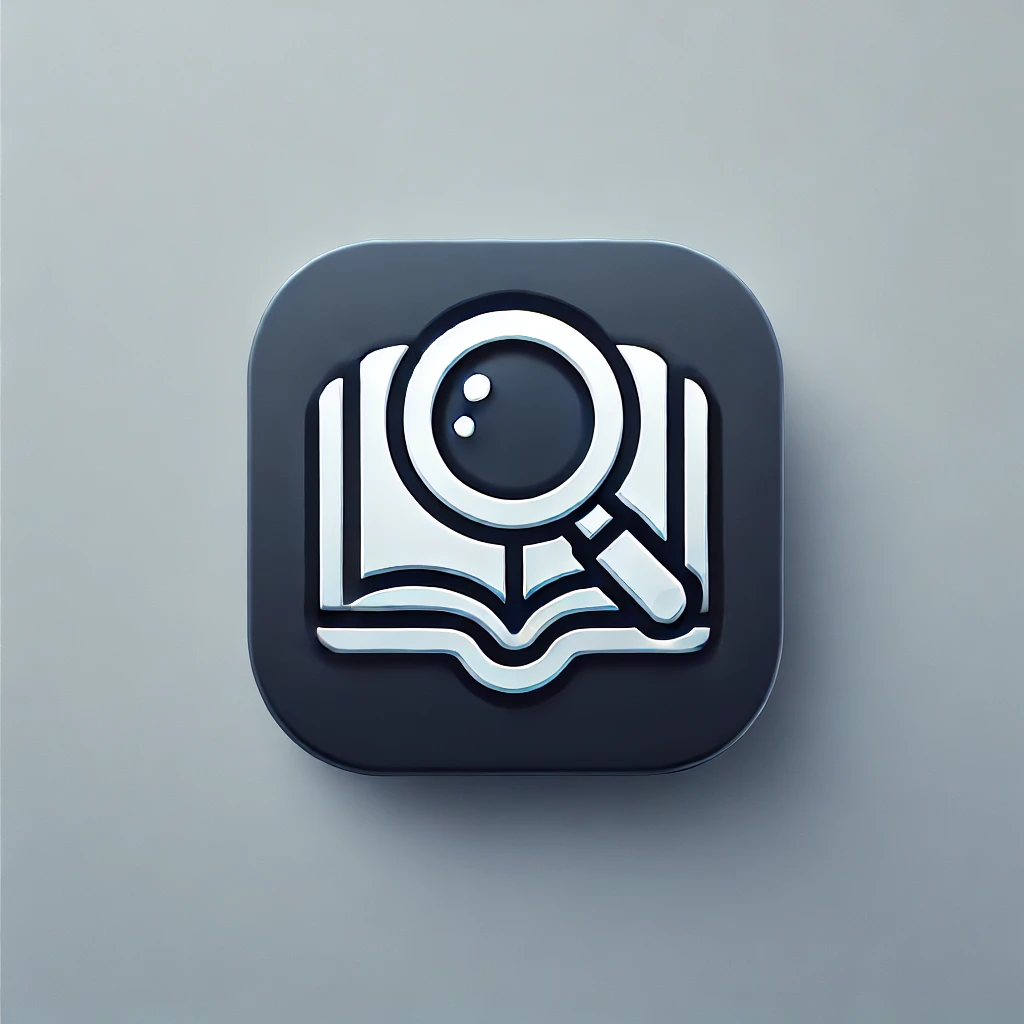Books Similar to The Black Swan: Understanding Risk and Uncertainty
2025-01-18
Nassim Nicholas Taleb’s The Black Swan revolutionized the way we think about randomness, uncertainty, and the limits of prediction. If you were captivated by Taleb’s ideas and want to dive deeper into similar themes, there are several excellent books that explore risk, probability, decision-making, and the psychology of uncertainty. Here’s a curated list of must-reads for fans of The Black Swan.
1. Fooled by Randomness by Nassim Nicholas Taleb
Before The Black Swan, Taleb explored the role of randomness in financial markets, life, and decision-making in Fooled by Randomness. This book lays the foundation for many of the ideas elaborated in The Black Swan.
Why Read It?
Taleb’s engaging style and personal anecdotes make this a compelling introduction to the hidden forces of chance in everyday life.
View on Amazon
2. Thinking, Fast and Slow by Daniel Kahneman
Nobel laureate Daniel Kahneman delves into the cognitive biases and heuristics that shape our decision-making. This book complements Taleb’s work by explaining why humans struggle to understand probabilities and randomness.
Best For:
Readers interested in the psychology behind our perceptions of risk and uncertainty.
View on Amazon
3. Antifragile: Things That Gain from Disorder by Nassim Nicholas Taleb
A sequel to The Black Swan, Taleb’s Antifragile introduces the concept of systems that benefit from volatility and stress. It provides practical insights into building resilience in an unpredictable world.
What You’ll Learn:
How to thrive in chaos by embracing uncertainty and leveraging its potential benefits.
View on Amazon
4. Superforecasting: The Art and Science of Prediction by Philip E. Tetlock and Dan M. Gardner
Tetlock and Gardner explore the qualities of individuals who consistently outperform others in forecasting. This book builds on Taleb’s skepticism of traditional prediction methods and introduces data-driven techniques to improve accuracy.
Why It’s Relevant:
It provides a practical framework for improving decision-making in uncertain environments.
View on Amazon
5. Against the Gods: The Remarkable Story of Risk by Peter L. Bernstein
This classic traces the history of risk management, from ancient civilizations to modern financial markets. Bernstein provides a deep dive into humanity’s evolving understanding of probability and risk.
For Readers Who:
Want historical context for the concepts Taleb discusses in The Black Swan.
View on Amazon
6. The Signal and the Noise: Why So Many Predictions Fail – but Some Don’t by Nate Silver
Nate Silver explores the art of separating meaningful information (signal) from noise in data. This book is particularly relevant for readers interested in statistics and its limitations in predicting rare events.
Key Takeaway:
Learn to refine predictions by focusing on what truly matters and avoiding common statistical pitfalls.
View on Amazon
7. Risk Savvy: How to Make Good Decisions by Gerd Gigerenzer
Gigerenzer provides practical advice on how to navigate risk and uncertainty in everyday life. He emphasizes the importance of understanding probabilities and using heuristics to make better decisions.
Best For:
Readers looking for actionable advice to improve their risk literacy.
View on Amazon
8. Misbehaving: The Making of Behavioral Economics by Richard H. Thaler
Thaler’s memoir offers a fascinating look at the development of behavioral economics, a field that challenges the notion of rational decision-making. His work complements Taleb’s ideas by highlighting the irrational behaviors that influence risk perception.
Why It Matters:
Understanding behavioral economics is key to grasping the psychological underpinnings of risk and uncertainty.
View on Amazon
Conclusion
If The Black Swan left you questioning the world’s predictability, these books will deepen your understanding of risk, probability, and decision-making. From psychological insights to practical strategies for thriving in uncertainty, this list offers a wealth of perspectives to broaden your knowledge and inspire new ways of thinking.








